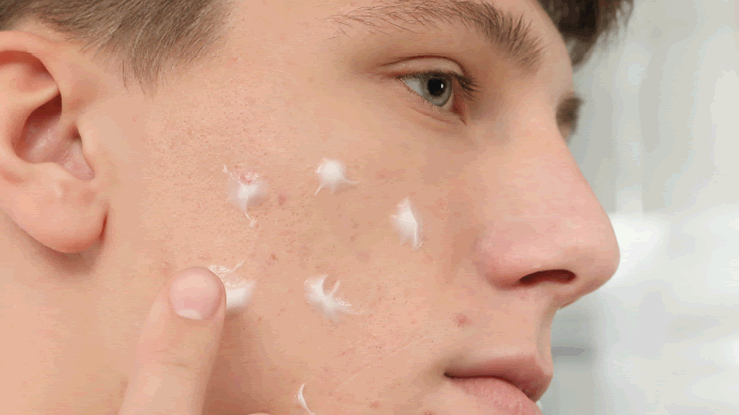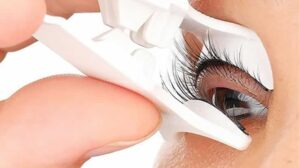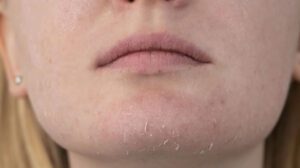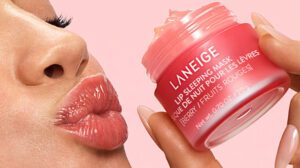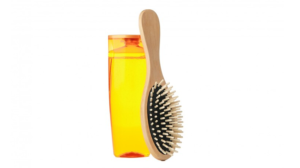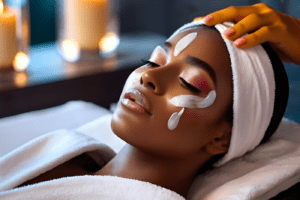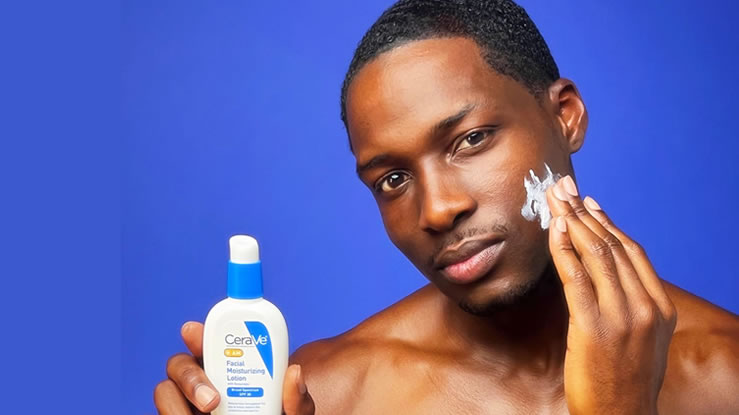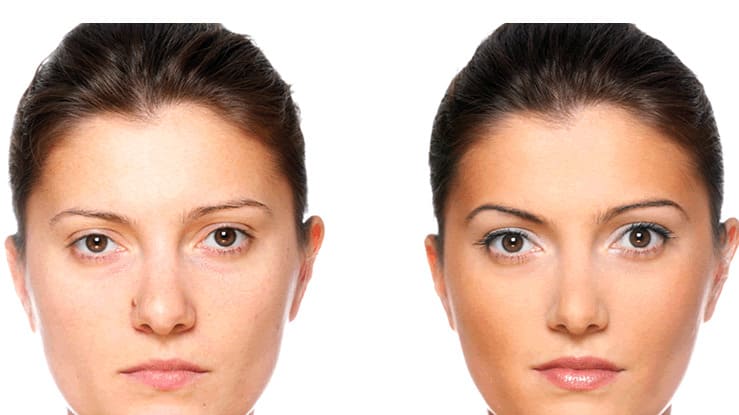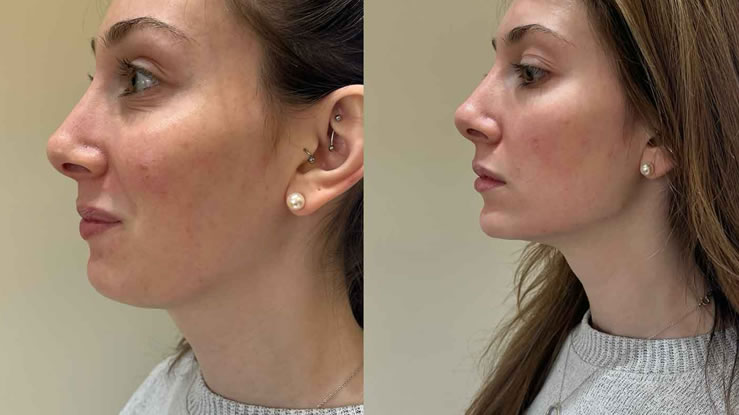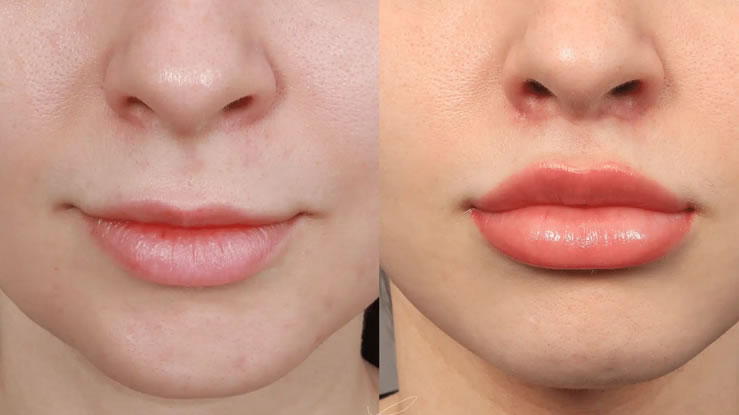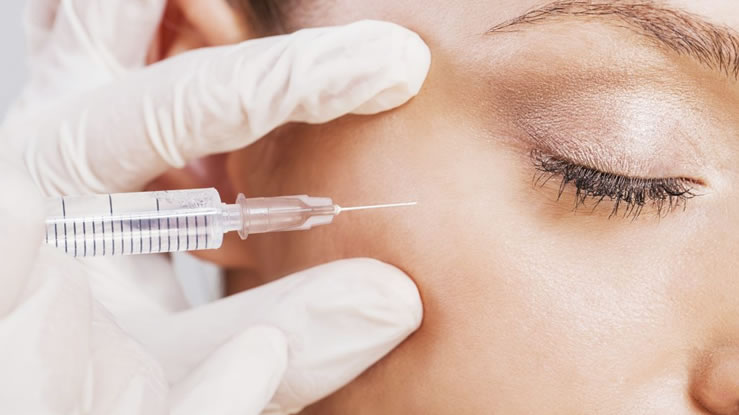The skincare industry is constantly evolving, with new products and ingredients making their way into the market. However, not all ingredients found in skincare are beneficial. Some, like benzene, have raised concerns due to their potential health risks. But what exactly is benzene, and why does it appear in skincare products?
In this article, we’ll explore what benzene is, how it ends up in skincare formulations, its potential risks, and whether you should be concerned about its presence in beauty products.
What Is Benzene?
Benzene is a colorless, flammable liquid with a slightly sweet odor. It is a chemical compound commonly used in industrial settings, particularly in the manufacturing of plastics, rubber, detergents, pesticides, and gasoline. It is classified as a volatile organic compound (VOC) because it easily evaporates into the air.
Despite its widespread industrial use, benzene is known to be a carcinogen, meaning it has been linked to an increased risk of cancer with long-term exposure. It can be absorbed into the body through inhalation, ingestion, or skin contact.
Read Also>>>Common Toxic Beauty Products
How Does Benzene End Up in Skin Care Products?
Benzene is not intentionally added to skincare products as an active ingredient. Instead, it can appear as a contaminant due to manufacturing processes, ingredient sourcing, or storage conditions. Here are a few ways benzene can make its way into beauty and skincare products:
1. Contamination During Production
Benzene can be introduced into cosmetic formulations through impurities in raw materials. Some ingredients, such as petroleum-derived compounds and solvents, may contain traces of benzene if they are not properly purified.
2. Aerosol-Based Products
Benzene has been detected in aerosolized beauty products, including spray sunscreens, dry shampoos, and deodorants. These formulations often contain butane, propane, or isobutane as propellants, which can sometimes be contaminated with benzene.
3. Breakdown of Certain Ingredients
Some skincare ingredients, particularly preservatives and synthetic fragrances, may degrade over time, leading to the formation of benzene as a byproduct. This occurs more frequently when products are exposed to heat or prolonged storage.
4. Packaging Materials
Certain types of plastic containers may contribute to benzene contamination, especially if the product is stored for long periods or under high temperatures.
Why Is Benzene in Skin Care a Concern?
The presence of benzene in skincare and beauty products is concerning because of its toxic effects on human health. Exposure to high levels of benzene has been linked to various health risks, including:
1. Cancer Risk
Benzene is classified as a Group 1 carcinogen by the International Agency for Research on Cancer (IARC). Long-term exposure has been associated with an increased risk of leukemia and other blood cancers, as it affects the bone marrow and reduces the production of red and white blood cells.
2. Skin and Eye Irritation
Although benzene primarily poses risks through inhalation, direct skin exposure can cause redness, dryness, and irritation. It may also lead to eye irritation if it comes into contact with mucous membranes.
3. Respiratory Issues
Inhalation of benzene-contaminated aerosolized skincare or cosmetic products can lead to dizziness, headaches, drowsiness, and respiratory discomfort.
4. Potential for Systemic Toxicity
Chronic exposure to benzene can impact the nervous system, liver, kidneys, and immune system. It has been linked to symptoms like fatigue, confusion, and immune suppression.
Are There Regulations on Benzene in Cosmetics?
Regulatory agencies around the world have strict limits on benzene exposure due to its health risks.
- United States: The FDA (Food and Drug Administration) does not allow benzene as an ingredient in cosmetics, but it may appear in trace amounts as an unintentional contaminant. The FDA has also issued recalls on skincare and sunscreen products found to contain high levels of benzene.
- European Union: The EU Cosmetics Regulation prohibits benzene in cosmetic formulations. Strict guidelines are in place to ensure that raw materials and finished products meet safety standards.
- Canada & Australia: These countries follow similar regulations, banning benzene from cosmetics and personal care products while monitoring contamination levels.
Despite these regulations, occasional product recalls still occur when benzene contamination exceeds safety limits.
How to Avoid Benzene in Skincare Products
While benzene contamination is not common in most skincare products, it’s always a good idea to take precautions when choosing beauty products. Here’s how you can reduce your exposure:
1. Check for Recalls
Stay informed about product recalls by checking databases from the FDA, EU regulatory bodies, or independent consumer safety groups. Brands like Neutrogena, Aveeno, and Banana Boat have recalled benzene-contaminated products in the past.
2. Avoid Aerosol-Based Beauty Products
Since benzene contamination has been found in spray-based cosmetics, it may be safer to opt for lotion, cream, or stick formulas instead of aerosols.
3. Choose Clean Beauty Brands
Look for brands that prioritize ingredient transparency and adhere to clean beauty standards. Many companies now conduct independent testing to ensure their products are free from harmful contaminants.
4. Store Products Properly
To prevent ingredient breakdown and contamination, store skincare products in a cool, dry place away from direct sunlight and heat. Avoid leaving products in cars or warm environments for extended periods.
5. Read Ingredient Labels
While benzene itself may not be listed on ingredient labels, be cautious of products containing butane, propane, and synthetic fragrances, as these may have a higher risk of contamination.
Should You Worry About Benzene in Skincare?
Benzene is not an intentional ingredient in skincare but can appear as a contaminant due to manufacturing processes, packaging, or ingredient degradation. Although regulatory agencies monitor its presence, occasional recalls highlight the importance of consumer awareness.
To minimize risk, consider avoiding aerosol-based products, checking for recalls, and choosing brands with strict quality control measures. By staying informed and making conscious choices, you can ensure that your skincare routine remains both safe and effective.
Would you like to know if a specific product has been tested for benzene contamination? Let us know in the comments below!

